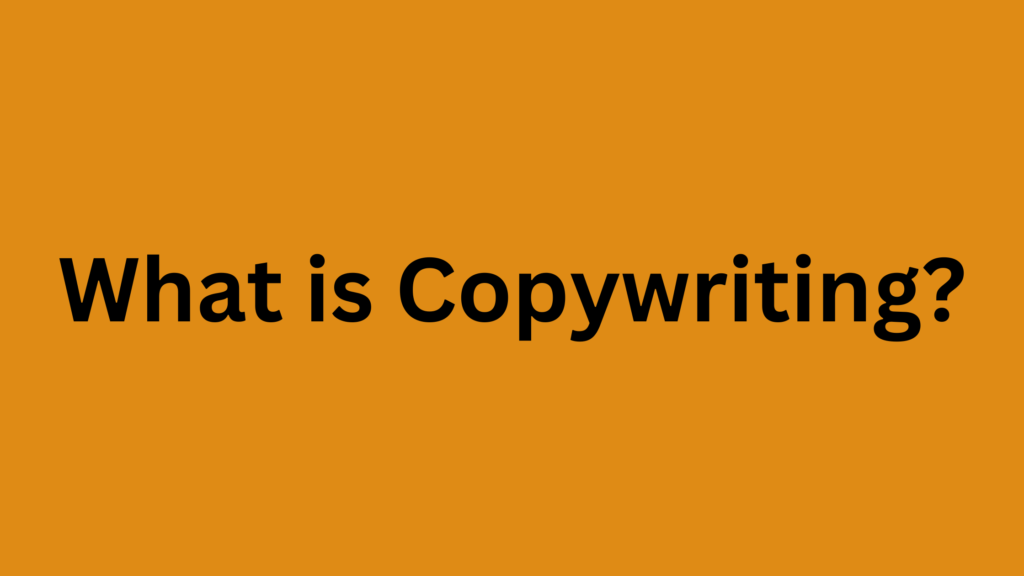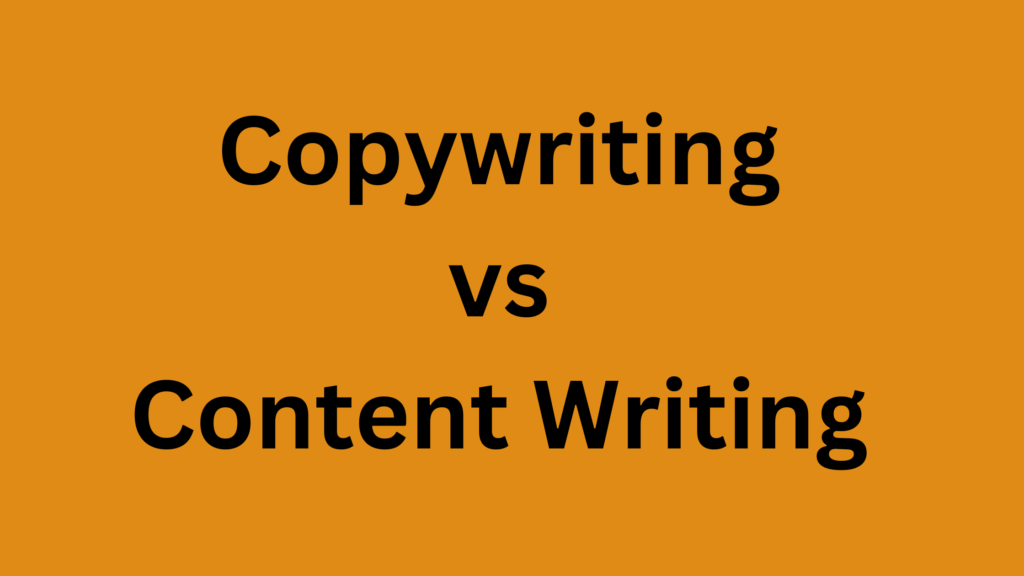What is Copywriting?
Copywriting is one of those essential skills often overlooked by businesses, yet it can make or break your brand’s success. At its core, copywriting is the art of crafting persuasive and engaging text designed to inform, inspire, and motivate action. From website headlines to social media captions and email campaigns, every word matters in capturing attention and driving results. Effective copywriting not only communicates your message clearly but also connects with your audience emotionally, setting your brand apart in a crowded marketplace. This article explores what copywriting truly entails and why finding a good copywriter is important for any business’ growth.
Why Is Copywriting Important?
Copywriting is important for one reason and one reason alone: to convert. It’s about turning readers into action-takers—whether that’s making a purchase, signing up, or simply clicking a link. Good copy guides people to do something you want them to do. It could be buying a product, joining a newsletter, or booking a call.
Grammar is equally important. You don’t want your readers getting confused or distracted by errors. Mistakes can make your brand seem unprofessional. Clear, error-free writing builds trust and keeps people focused on your message, making it more likely they’ll take the action you want.
Types of Copywriting
1. Brand Copywriting
This type focuses on creating a brand’s voice and messaging. It includes slogans, taglines, and content that reflects the brand’s personality.
Example: Nike’s “Just Do It” is brand copywriting—it captures their bold, motivational tone.
2. Social Media Copywriting
This involves writing posts and ads for social platforms like Facebook, Instagram, or Twitter. The goal is to engage followers and prompt interaction.
Example: A catchy tweet for a new product release like “New flavors are here! Which one will you try first? 🍦 #IceCreamLovers”
3. SEO Copywriting
SEO copywriting is about writing content that ranks well on search engines like Google. It uses keywords and phrases to help your content get found.
Example: Writing an article titled “How to Bake the Perfect Chocolate Cake” while using keywords like “easy chocolate cake recipe” to improve its search ranking.
4. Insight Copywriting
This focuses on understanding your audience’s needs and emotions, then creating content that resonates with them. It involves empathy and deep understanding of customer pain points.
Example: An ad for a fitness program that speaks directly to people struggling to find time to work out: “No time? No problem. Get fit in just 20 minutes a day.”
5. Email Copywriting
Email copywriting is about writing emails that capture attention, engage the reader, and encourage action. It’s used for newsletters, promotions, or follow-ups.
Example: A promotional email with a subject like “You’ve Got 24 Hours Left to Save 30% on Your Next Purchase!” that urges readers to act quickly.
FAQs
1. What Does a Copywriter Do?
A copywriter writes text that helps businesses promote and sell their products or services. This could be anything from website copy, social media posts, ads, email campaigns, to product descriptions. Their goal is to create content that grabs attention, connects with the audience, and drives them to take action.
2. What Skills Do Copywriters Need?
Copywriters need several skills:
- Writing skills: Ability to write clear, persuasive, and engaging content.
- Creativity: Coming up with fresh ideas and ways to capture attention.
- Attention to detail: Checking grammar and making sure the message is clear.
- Research skills: Understanding the audience and the topic to write effectively.
- SEO knowledge: Knowing how to optimize content for search engines.
3. How Do You Measure the Success of Your Copywriting?
You can measure success by looking at:
- Conversion rates: How many people took the action you wanted (like making a purchase or signing up).
- Engagement: How many people liked, shared, or commented on your content.
- Click-through rates (CTR): How often people clicked on links in your content (like a CTA button or link).
- Sales: Ultimately, did your copy help sell the product or service? By tracking these, you can see if your copy is working and where to improve.
Conclusion
As you’ve seen, copywriting is crucial for driving engagement and sales, making it important for every business. While many businesses are also leveraging AI tools like ChatGPT to assist with writing, it’s still essential to create content that feels human and authentic. AI can help generate ideas or streamline the writing process, but the emotional connection and tone that resonates with your audience come from thoughtful, human touch. Effective copywriting isn’t just about words; it’s about building relationships with your audience and guiding them toward the actions that will benefit your business.
What’s your thoughts on Copywriting? Comment below. I’d like to hear from you…



